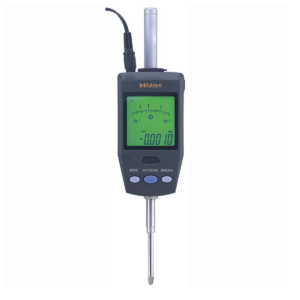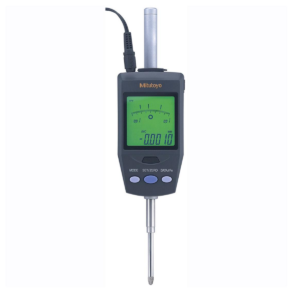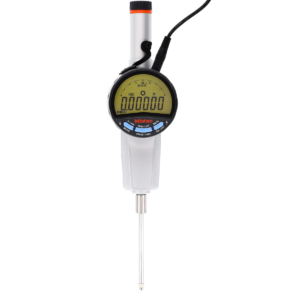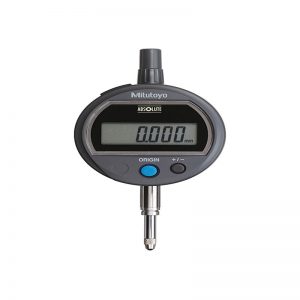Select Category
All Brands
Bench Micrometers
Blade Micrometers
Bore Gage Sets
Bore Gages
Borescopes
Calipers
Can-Seam & Wire Micrometers
Capital Equipment
Capital Equipment Accessories
Crimp Height Micrometers
Data Collection
Data Collection Accessories
Depth Gage Accessories
Depth Gages
Depth Micrometers
Dial Bore Gages
Dial Calipers
Dial Depth Gages
Dial Height Gages
Dial Indicators
Dial Outside Micrometers
Dial Test Indicators
Digital Bore Gages
Digital Calipers
Digital Depth Gages
Digital Depth Micrometers
Digital Height Gages
Digital Indicators
Digital Inside Micrometer Sets
Digital Inside Micrometers
Digital Inside Tubular & Caliper Micrometers
Digital Micrometer Heads
Digital Outside Micrometer Sets
Digital Outside Micrometers
Disc Micrometers
do not use
Dorsey Metrology
Force Gages
Force Grips & Accessories
Force Measurement
Force Test Stands
Fowler High Precision
Gage Blocks
Gear-Tooth Micrometers
Groove Micrometers
Hardness Testing Machines
Hawkeye
Height Gage Accessories
Height Gages
Hub Micrometers
Indicator Accessories
Indicators
Inside Micrometers & Sets
Inspection Lighting
Inspection Microscopes
Interchangeable-Anvil Micrometers
Interchangeable-Rod Micrometers
Laser Measurement
Linear Gages
Linear Scale Counters
Linear Scales & Counters
Magnifiers
Mahr
Mark-10
Mechanical Bench Micrometers
Mechanical Depth Micrometers
Mechanical Inside Micrometer Sets
Mechanical Inside Micrometers
Mechanical Inside Tubular & Caliper Micrometers
Mechanical Micrometer Heads
Mechanical Outside Micrometer Sets
Mechanical Outside Micrometers
Micrometer Accessories
Micrometer Heads
Micrometers
Microscopes
Mitutoyo
Mitutoyo Fall Promo
Mitutoyo Spring Promo
Multi-Anvil Micrometers
Nikon
Optical & Vision Measurement
Optical Comparators
Outside Micrometers & Sets
Point Micrometers
Precision Measurement Tools
Profile Projectors
Promotional Items
Rules, Straight Edges & Protractors
Screw Thread Micrometers
Sheet Metal Micrometers
Small Metrology Tools
SPC Data Output Cables
Specialty Micrometers
Spherical Face Micrometers
Spline Micrometers
Starrett
Stereo Microscopes
Surface Measurement
Surface Roughness Gage Accessories
Surface Roughness Gages
TechniQuip
Test Indicators
Testing Kits
Thickness Gages
Toolmakers Microscopes
Torque Gages
Torque Testers
V-Anvil Micrometers
Vernier Calipers
Vernier Depth Gages
Wire Puller Testers
Wireless Data Transmitters/ Receivers
Select Tag
.000005”
.0001”
.0002”
.00025”
.00035”
.0005"
.001”
.05-0.6”
.05°
.09-1”
.107-.266”
.217-.594”
.275-.350”
.350-.425”
.4N
.560-1.565”
± 0.001"
± 0.0015"
± 0.0016"
± 0.002"
± 0.003”
± 0.004”
± 0.008"
± 0.010mm
± 0.04mm
± 0.05mm
± 0.075mm
±.0001"
±.00015"
±.0002"
±.00025"
±.0003"
±.00035"
±.0004"
±.001”
±.02mm
±.05mm
±.07mm
±.2°
±0.00003”
±0.00005”
±0.00006”
±0.0001”
±0.00010”
±0.00012”
±0.00015"
±0.0002"
±0.00020”
±0.00025 in
±0.00025"
±0.0003"
±0.00030”
±0.00035”
±0.0004"
±0.0005"
±0.00075mm
±0.001"
±0.0010”
±0.0012"
±0.00125mm
±0.0015
±0.0015mm
±0.001mm
±0.002 mm
±0.002"
±0.0020”
±0.0025”
±0.0025mm
±0.002mm
±0.003"
±0.0030”
±0.0035”
±0.003mm
±0.004 mm
±0.004mm
±0.005”
±0.005mm
±0.006mm
±0.0076mm
±0.007mm
±0.007µm
±0.008mm
±0.009mm
±0.013
±0.013µm
±0.016mm
±0.01mm
±0.025mm
±0.02mm
±0.03"
±0.03mm
±0.04mm
±0.05mm
±0.1%
±0.2%
±0.3%
±0.5%
±0.5µm
±1µm
±2°
±2µm
±3
±3µm
±4µm
±5µm
±6µm
0-.25”
0-0.025”
0-0.125"
0-0.25”
0-0.375”
0-0.400"
0-0.5"
0-0.50”
0-0.5mm
0-1.25"
0-1/2"
0-½”
0-¼”
0-10-0
0-100-0
0-100"
0-1000mm
0-100mm
0-12"
0-13mm
0-14"
0-15"
0-1500mm
0-150mm
0-15mm
0-16"
0-18"
0-20-0; flat back
0-20-0; lug back
0-20"
0-2000mm
0-200mm
0-22"
0-225mm
0-24"
0-25-0
0-2500mm
0-25mm
0-3.5”
0-3"
0-300mm
0-31.5mm
0-32"
0-36"
0-4-3/4"
0-4"
0-40"
0-400mm
0-450mm
0-48"
0-4mm
0-5-0
0-50
0-50-0
0-500mm
0-50mm
0-558mm
0-5mm
0-6.5mm
0-6"
0-60"
0-600mm
0-63”
0-⅞”
0-75mm
0-8.6"
0-8"
0-80"
0-800mm
0-89 mm
0-9.5mm
0-9"
0.00002
0.00005"
0.00005mm
0.00008
0.0001
0.00015”
0.00016”
0.0002
0.00025”
0.0005"
0.0006”
0.0008"
0.001"
0.0010”
0.00100”
0.0012"
0.0015"
0.001mm
0.002
0.0025mm
0.002mm
0.004mm
0.005”
0.005mm
0.01
0.01 cm
0.01 mm
0.012"
0.015mm
0.01mm
0.02
0.02 mm
0.02mm
0.03mm
0.04mm
0.05
0.05mm
0.080-0.100"
0.080-0.250"
0.098”
0.1
0.10"
0.100-0.120"
0.1000
0.109”
0.110”
0.12 lbF
0.120-0.160"
0.120-0.200"
0.128”
0.130”
0.157”
0.160-0.200"
0.165”
0.188”
0.1mm
0.2
0.2-1.2”
0.200-0.250"
0.25 lbF
0.25-0.375"
0.250-0.375"
0.250-0.750"
0.283”
0.2mm
0.312”
0.375-0.75"
0.375-0.750"
0.3N
0.4N
0.5
0.5 lbF
0.5 mm
0.5 N
0.50-1.050"
0.500-1.500”
0.6µm
0.7-1.2N
0.7-1.5"
0.7-6”
0.73”
0.75 mN
0.75-2"
0.750-2"
0.750-4"
0.75mN
0.80-0.100"
0.80-0.250"
0.84”
0.85 mm
0.8mm
0.9 kN
0.9 mm
0°
000 fibers
000 Hz
000 mm
000 N
000-pixel
000mm
1
1 kgF
1 kN
1 N
1-1-3/8"
1-1-⅜”
1-1.25”
1-1/2-3"
1-½ -3-½”
1-½-32”
1-½-8”
1-12”
1-2"
1-⅜-2"
1.25”
1.3 kN
1.35 Nm
1.4-2.4”
1.4N
1.4N or less
1.5 kN
1.5 mm
1.5 N
1.5-12”
1.5”
1.500-2.500”
1.5mm
1.5N
1.8 N
1.85 mm
1/2-5/8"
½-⅝"
¼-¾"
¼-⅜”
¼-5/16"
10 kgF
10 lbF
10 N
10 ozFin
10-11"
10-12.5mm
10-15N
10-20mm
10-pin plain
10”
100 gF
100 kgF
100 lbF
100 lbFin
100 N
100 to 240 V AC
100-0
100-125mm
100-150mm
100-200mm
1000 N
102 mm
11-12"
11.3 Nm
11.5 Nm
11”
110%
115 Ncm
1150 Ncm
116 kgFcm
12 lbFin
12-13”
12-16”
12-18"
12.5-16mm
12.7mm
12"
1200 lbF
125-150mm
13-14”
135 Ncm
14 kgFcm
14 kgFmm
14 Ncm
14-15”
15-16”
15°
150-175mm
150-200mm
150-300mm
150%
150mm
16-17”
16-20”
16-20mm
1600 ozFin
16R
17-18”
175-200mm
18
18-160mm
18-19”
18-24"
180 mm
19-20”
192 ozFin
1µm
2
2 lbF
2 ozF
2-12”
2-2-5/8"
2-2.5”
2-2.5mm
2-20”
2-3"
2-3mm
2-4"
2-40”
2-⅝-3-¼ "
2-6"
2-60”
2-6mm
2-8”
2-contact
2-point
2-way
2.0mm
2.13 mm
2.3 N
2.4 GHz
2.4 GHz band
2.49 mm
2.5 kgF
2.5 mW
2.5 N
2.5-3mm
2.5”
2.5mm
2.77 mm
2.80 mm
2.9 Nm
20
20 lbF
20 ozFin
20-100mm
20-21”
20-24”
20-25mm
20-50mm
200 lbF
200 ozF
200-225mm
200-800mm
200%
21-22”
22-23”
225-250mm
229 mm
23-24”
23.5”
24-30"
25 kgF
25 lbFin
25 N
25-35mm
25-50mm
25.4mm
250 gF
250 kbps
250 kgF
250 N
250-275mm
2500 N
250kbps
265 mm
275-300mm
28 kgFcm
28”
290 Ncm
2mm
2µm
3
3-¼-4"
3-4"
3-4mm
3-5-1/16”
3-6mm
3-flute
3-point
3-point contact
3.25 mm
3.25"
3.3 mm
3.5”
3/18"
3/4-1"
3/8"
¾-1"
¾-4"
¾–2”
⅜-½”
⅜-¾”
30-36"
30°
300 lbF
300-325mm
300-400mm
300-600mm
300W
303 SS
305 mm
31.5”
32 mm
32-107”
32-57”
32-82”
3200 ozF
325-350mm
33.5”
35 Ncm
35-50mm
350-375mm
36 kgFmm
36-42"
360°
37”
375-400mm
39.4”
3R
3µm
4 mm
4 mN
4-20”
4-24”
4-32”
4-36”
4-40”
4-5"
4-52”
4-5mm
4-6"
4-68”
4-8"
4-84”
4.0mm
4.20 mm
4.80 mm
4”
400 ozFin
400-425mm
400-500mm
400ozFin
416 SS
42-48"
42°
425-450mm
45°
450-475mm
475-500mm
48-54"
4mN
4R
5 -10 N
5 kgF
5 lbF
5-10N
5-30mm
5-6"
5-6mm
5-8"
5-flute
5.7 Nm
5”
5/16-3/8"
5/16-⅜”
⅝-¾”
50 gF
50 kgF
50 lbF
50 lbFin
50 N
50 ozFin
50-0
50-1000mm
50-100mm
50-1500mm
50-150mm
50-200mm
50-300mm
50-500mm
50-60mm
50-63mm
50-65mm
50-75mm
50-800mm
50.8mm
50/60 Hz
50°
500 lbF
500 mN
500 N
500-600mm
500mm
50mm
525-550mm
54-60"
55 RC
55°; 0.020”
55°; 0.035”
550-575mm
570 Ncm
575-600mm
58 kgFcm
5R
5μm
6-10mm
6-12”
6-20mm
6-7"
6-78”
6-8"
6-8mm
6-9”
6-pin round
6"
60°
600 mm
65-80mm
7
7 kgFmm
7 Ncm
7-8"
7.20mm
70°
70°; 0.059”
730 mm
75-100mm
8-10mm
8-12-½”
8-20”
8-32”
8-40”
8-9"
8.00 mm
80 mm
80-100mm
80-240 VAC
800 mm
800 ozFin
850 mm
9-10"
9-12”
9.5mm
9”
90° mirror
940mm
9V
absolute/ incremental
absolute/ relative
AC
aluminum
ANSI/AGD
ANSI/ASG
anti-backlash
anti-glare
anti-magnetic
anvil
ASTM F88
back plunger
baked enamel
bench micrometer
bezel lock
bi-directional
bidirectional
black dial
black enamel
black wrinkle
blade anvil
blade micrometer
blade spindle
blade-type
Bluetooth
bore gage accessories
bore gage head
bore gage micrometer
bore gage set
borescope kits
brake rotor
cables
caliper micrometer
caliper sets
caliper type
can seam
carbide
carbide ball
carbon fiber
carbon steel
cast iron
chrome
clamp lock
clamp nut
clamping screw
connection cable
connection unit
CR2032
crankshaft
cylindrical anvil
data collection
data collection accessories
data output
DataSure®
depth
depth gage kits
depth micrometer
dial bezel
dial bore gage
dial caliper
dial depth gage
dial depth gages
dial indicator
digimatic
Digimatic cable
digital
digital bore gage
digital depth gage
digital force gauge
digital micrometer
disc
disc anvil
disc micrometer
double pinion
double-v anvil
drop-forged steel
dust-resistance
electronic
electronic calipers
electronic depth gage
enamel
ESM1500
ESM303
ESM303H
ESM750
external
fiber
fine adjustment
flat anvil
flat back
flat spindle
force gauge
force grip
force grips
force testing
form measurement
fractional inch
friction
friction thimble
gear micrometer
glare-free
groove
groove micrometer
hammertone
handwheel
hard chrome
hard chrome plating
hardened steel
heat-insulated
height gage accessories
HID interface
hold feature
holtest
hook depth gage
hub
hub micrometer
inch
inch/metric
Inch/Metric/Fractions
incremental floating zero
indicator
indicator tester
inside micrometer
IntelliMESUR®
interchangeable
interchangeable anvils
interchangeable anvils; knurled lock
interchangeable rods
internal
IP40
IP42
IP54
IP67
ISO Cert
ISO/JIS
jewel bearings
jeweled bearing
kgF
kgFcm
kgFmm
knife jaws
knurled
knurled clamp screw
knurled lock
knurled thumb
large anvil
large display
large thimble
lbF
lbFin
LCD
LED
LEDs
left-handed
linear encoder system
lock clamp
lock nut
lock screw
locking clamp
long jaw
lug back
magnetic
mechanical
MESUR® Lite
meter
metric
micrometer
micrometer accessory
micrometer head
micrometer set
micrometer stand
microscopes
Mitutoyo (Digimatic)
motorized
motorized force test stand
multi anvil
N
Ncm
nib
nib-style jaw
nickel
NIST
NIST Cert
Nm
non-rotating
non-rotating spindle
non-slip
optical
optical glass
outside micrometer
ozF
ozFin
pana
parallax-free
pin
pin anvil
pistol grip
plain
plain thimble
point
point anvil
point micrometer
point micrometer. 30°
pointed spindle
polycarbonate
portable surface tester
protractor
ratchet
ratchet stop
ratchet thimble
rechargeable
rechargeable battery
red dial
replacement head
reverse reading
reversible
ring-type
ring-type lock
rod clamp
rotating bezel
rotating spindle
round anvil
rounded-anvil
RS232
RS232C
RS323 Output
rubber
satin chrome
scratch-resistant
screw lock
screw thread
screw thread micrometer
screw-type
self-centering
Series 4
Series 5
Series 7
setting rings
sheet metal
sheet metal micrometer
shockproof
slide lock
slide stop
snub nose
solid-plunger depth gage
SPC
SPC cable
speeder
spherical
spherical anvil
spherical face
spherical face micrometer
spindle lock
spline
split-ball
SR44
stainless steel
standard
steel
steel rule
step
straight type
surface roughness
surface testing
surftest
tapered frame
tempered stainless steel
test grip
test stand
testing kits
three-point
three-point contact
thrumbrest
thumb lock
thumb roll
thumb scew
thumb screw
thumb wheel
thumbrest
thumbroll
TiN
titanium
titanium nitride
tolerance function
torque gage
torque tester
tube
tubular
Tungsten
two-point-contact
U-Wave
USB
v-anvil
vernier
vernier caliper
vernier calipers
vernier scale
waterproof
white anodized aluminum
white dial
wire
wire pull tester
wireless
yellow dial
zero adjust
zero adjustment
zero reset
zero setting
Order by
Ascending
Descending
Filter
Order by price
Order by date
Order by title
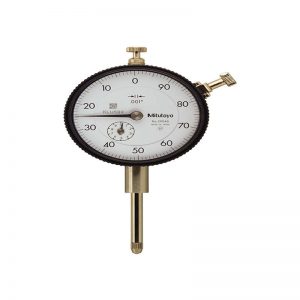 2904A
2904A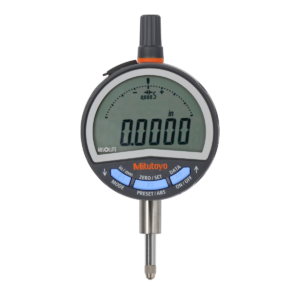 543-712
543-712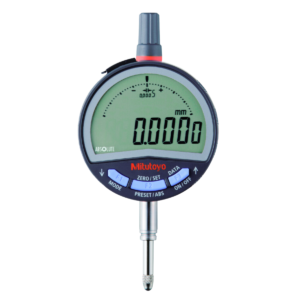 543-732B
543-732B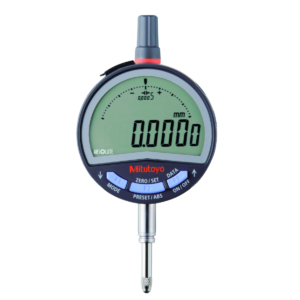 543-722B
543-722B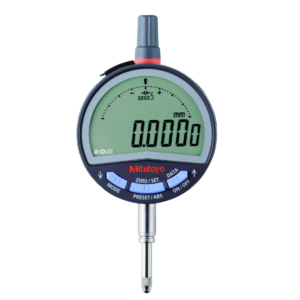 543-702B
543-702B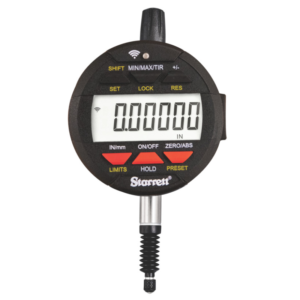 W2900-6
W2900-6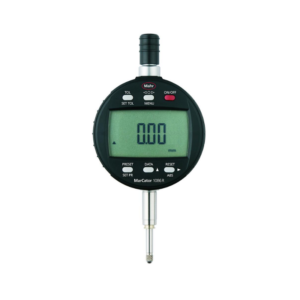 4337624
4337624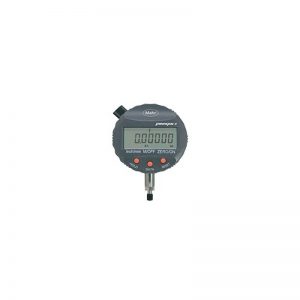 2034201
2034201 2034101
2034101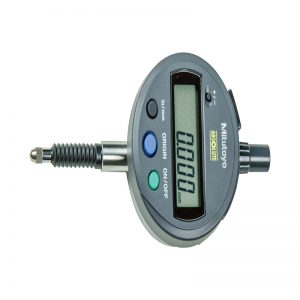 543-796B-10
543-796B-10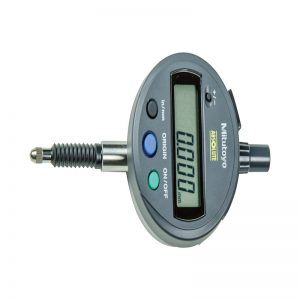 543-796-10
543-796-10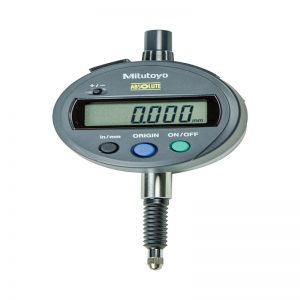 543-795B-10
543-795B-10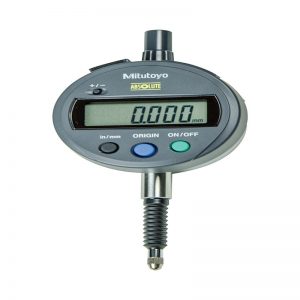 543-795
543-795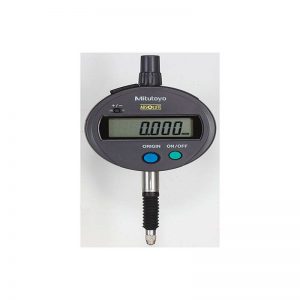 543-794B-10
543-794B-10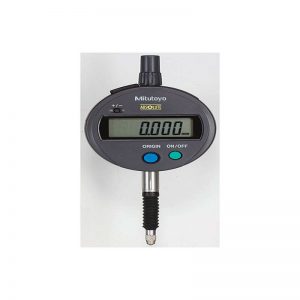 543-794
543-794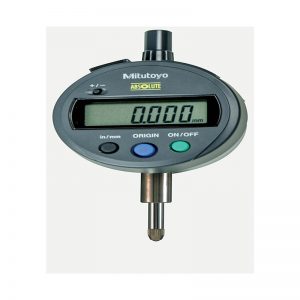 543-793-10
543-793-10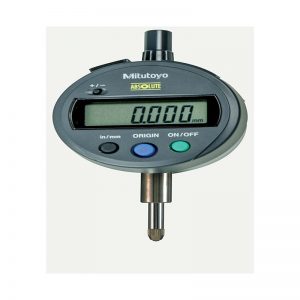 543-792B-10
543-792B-10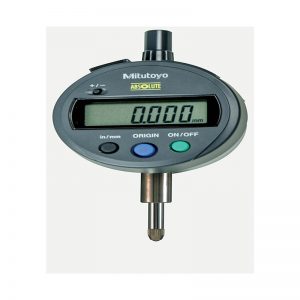 543-791B-10
543-791B-10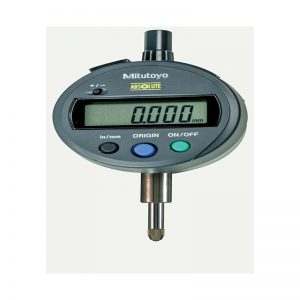 543-791-10
543-791-10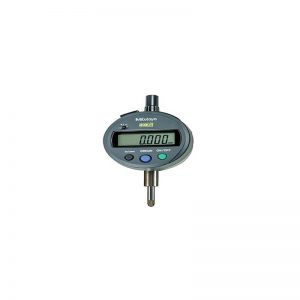 543-790B
543-790B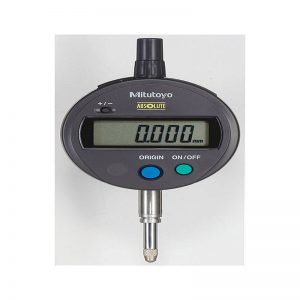 543-790-10
543-790-10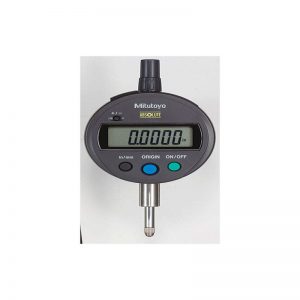 543-783B-10
543-783B-10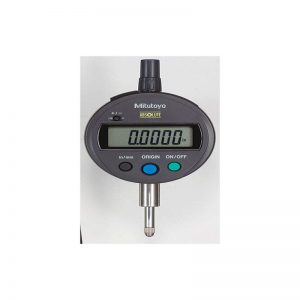 543-783-10
543-783-10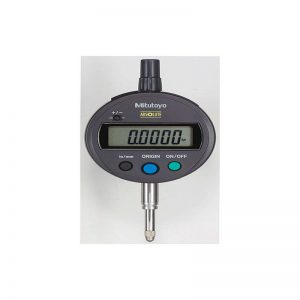 543-782B-10
543-782B-10 543-782-10
543-782-10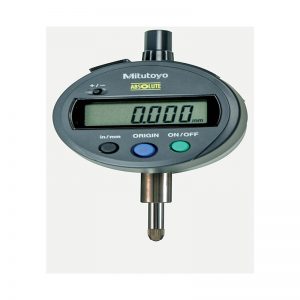 543-781B-10
543-781B-10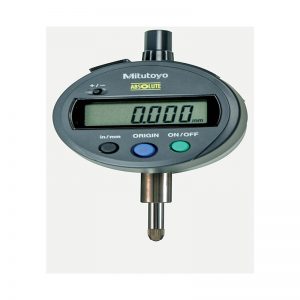 543-781-10
543-781-10 543-597B-10
543-597B-10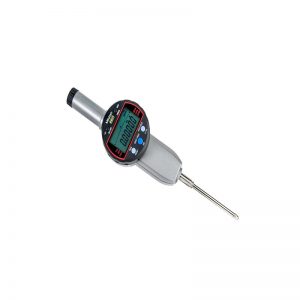 543-596B-10
543-596B-10 543-592B-10
543-592B-10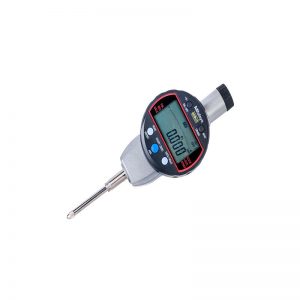 543-590B-10
543-590B-10 543-586
543-586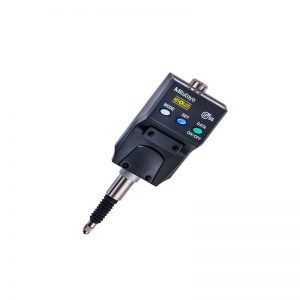 543-581
543-581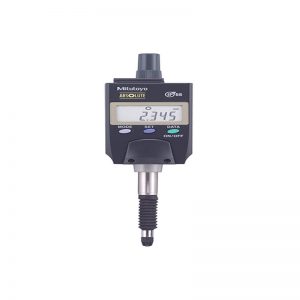 543-576
543-576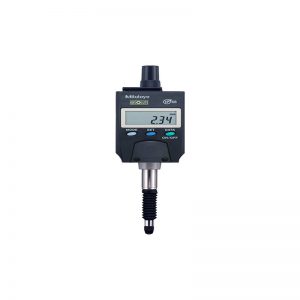 543-575
543-575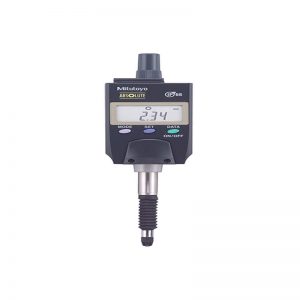 543-571
543-571
